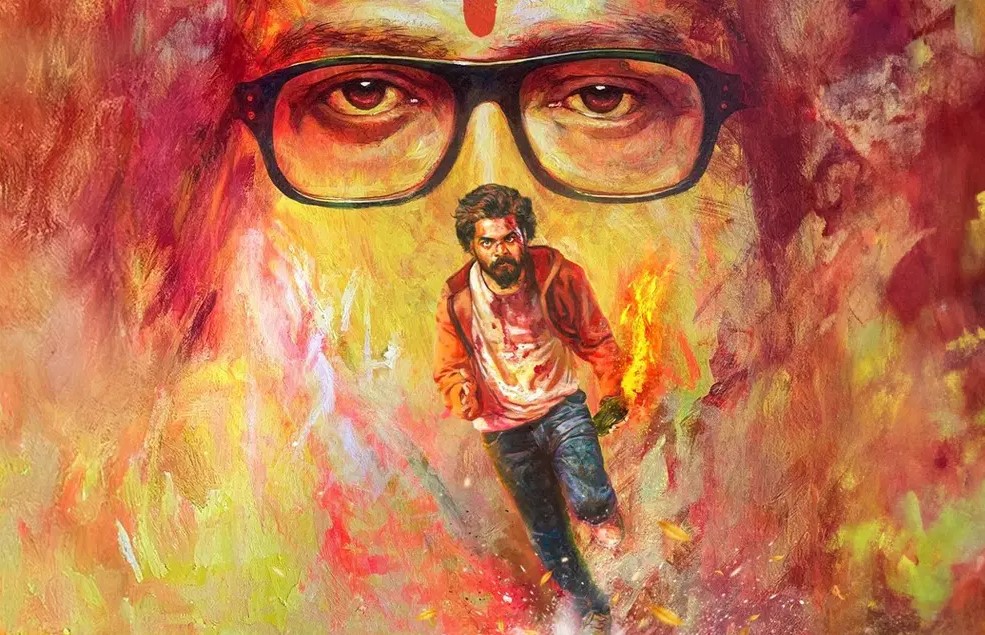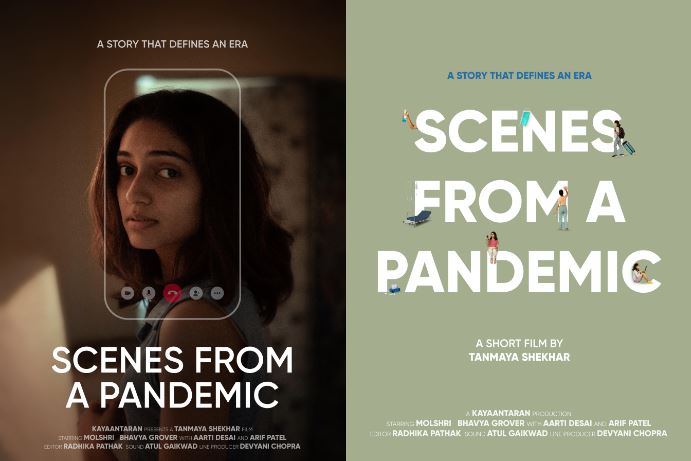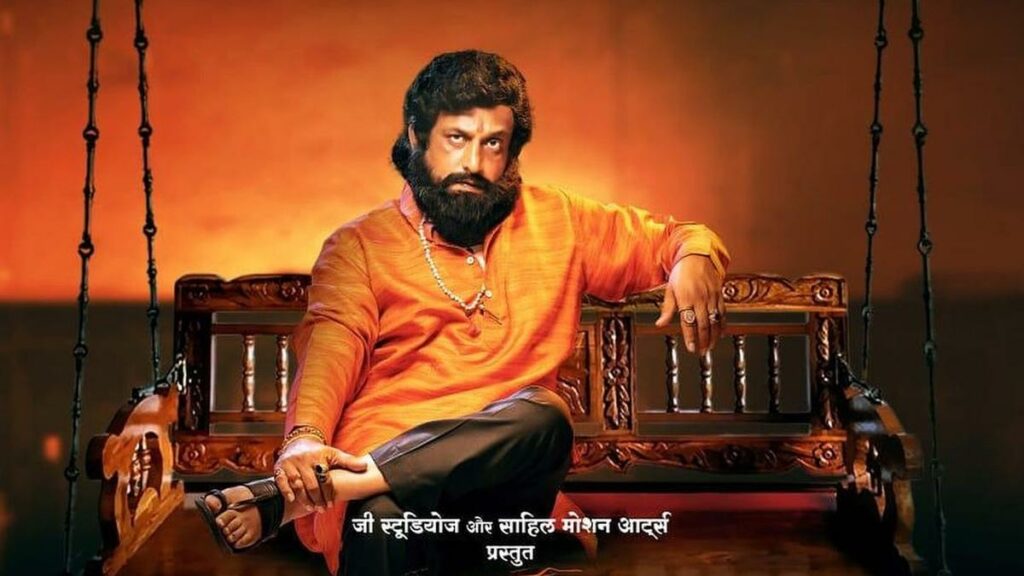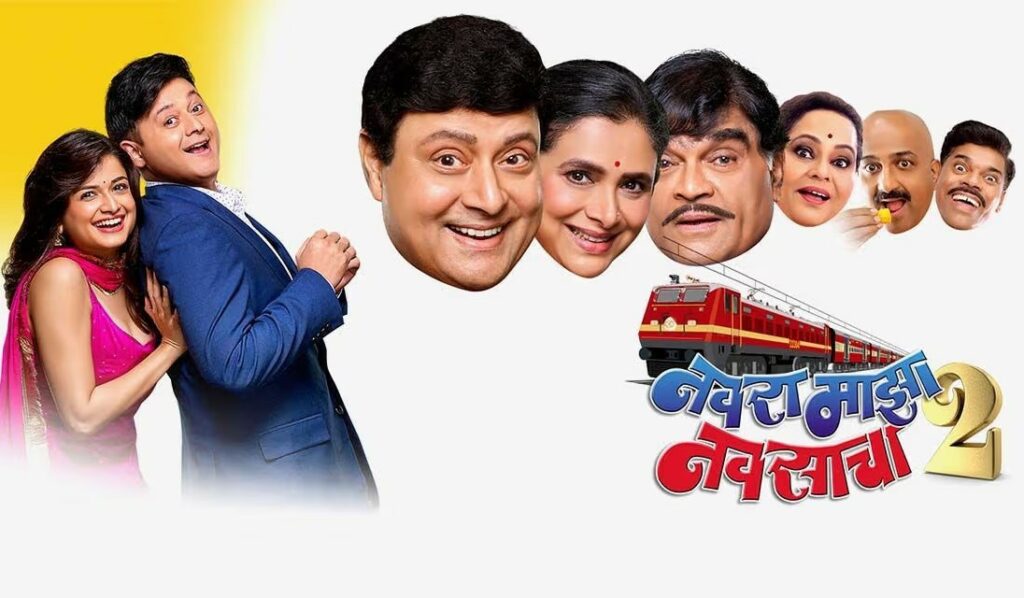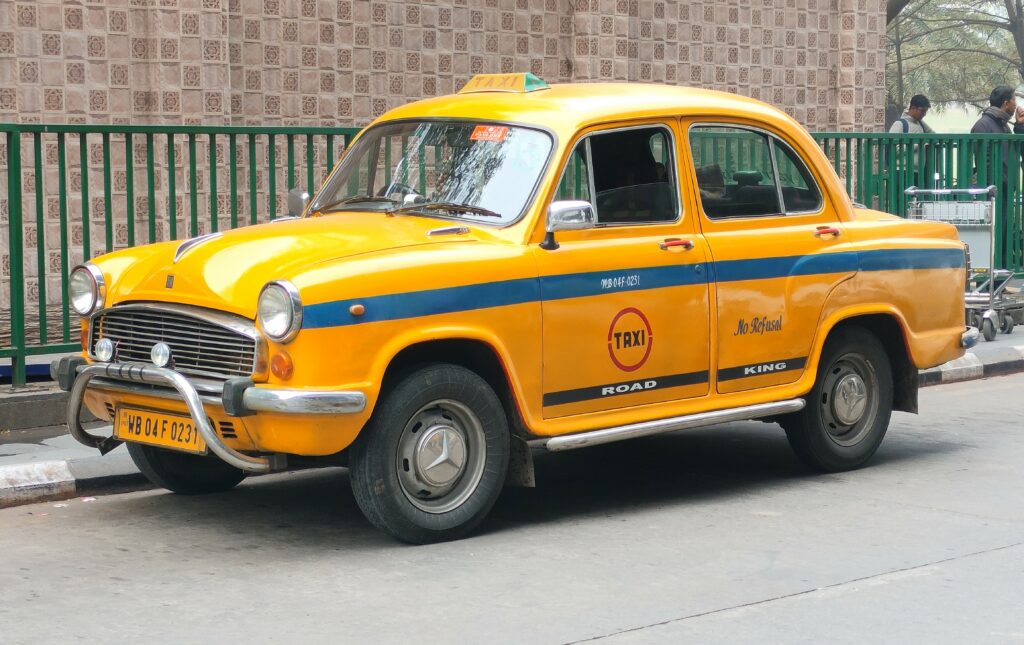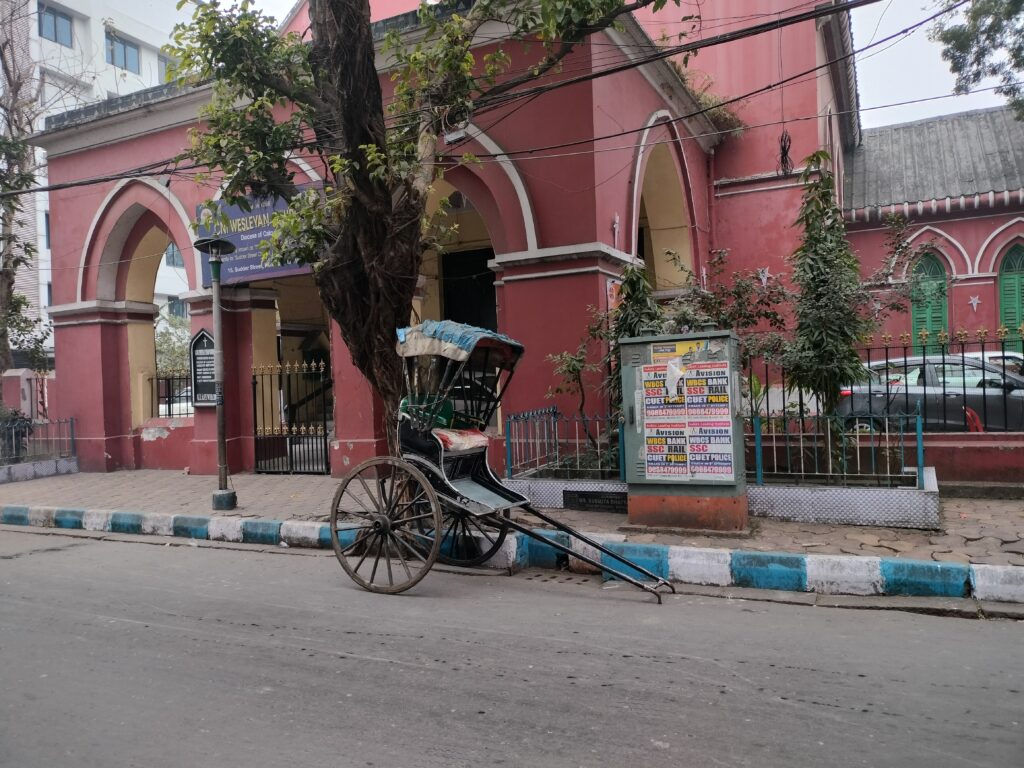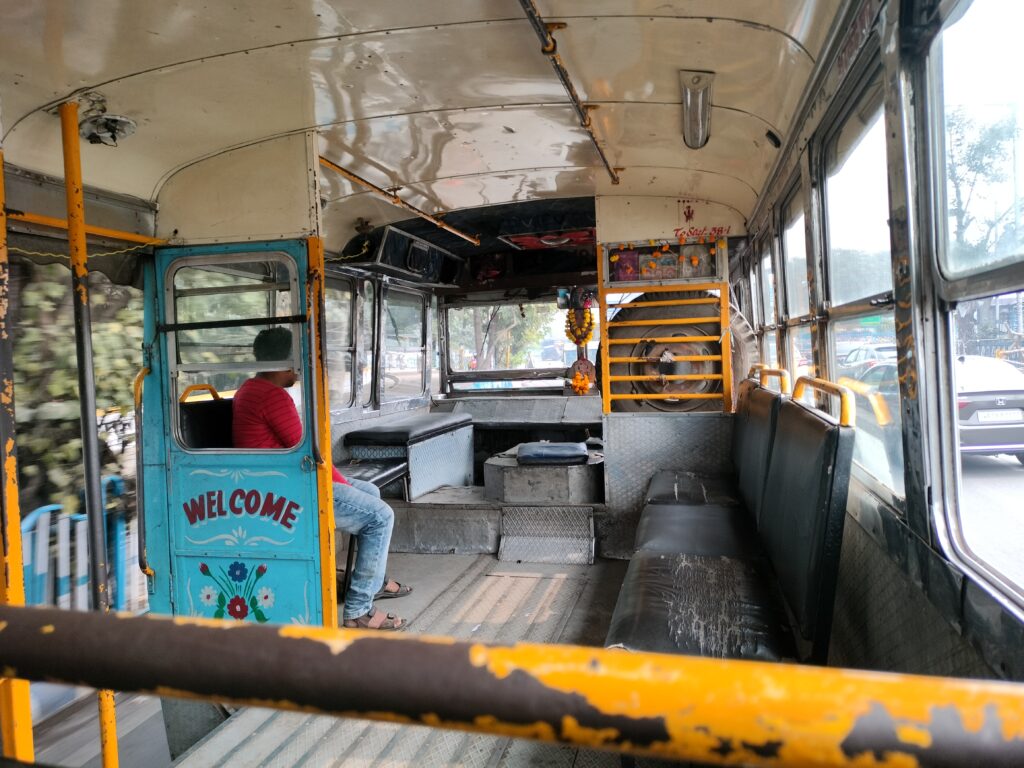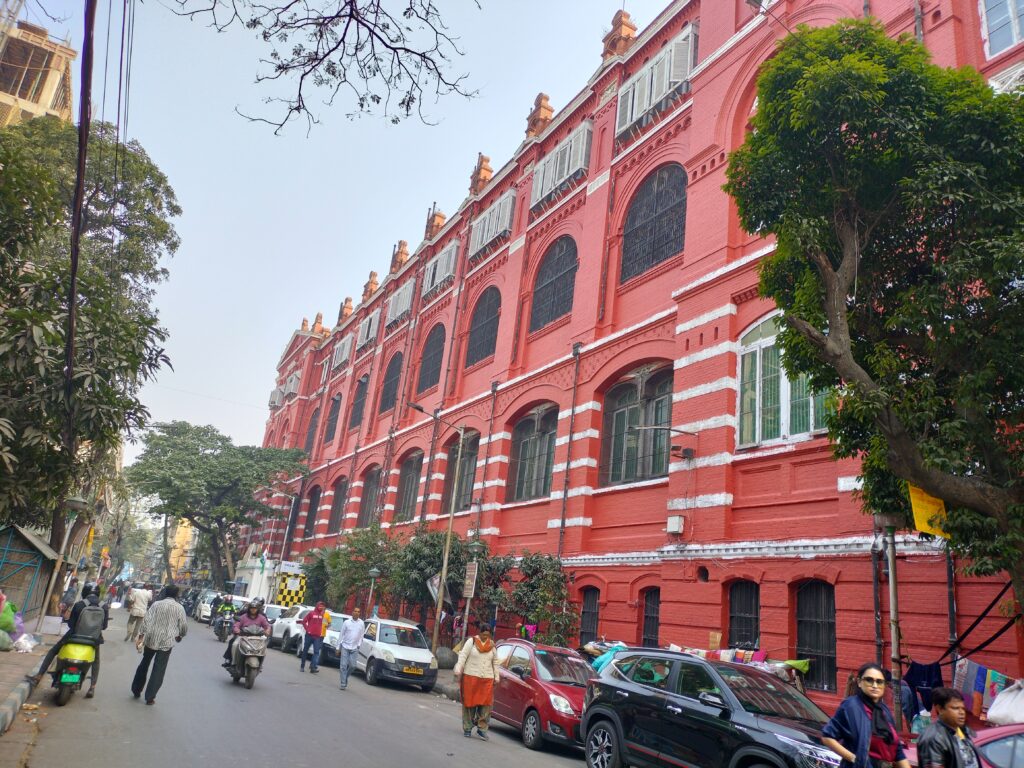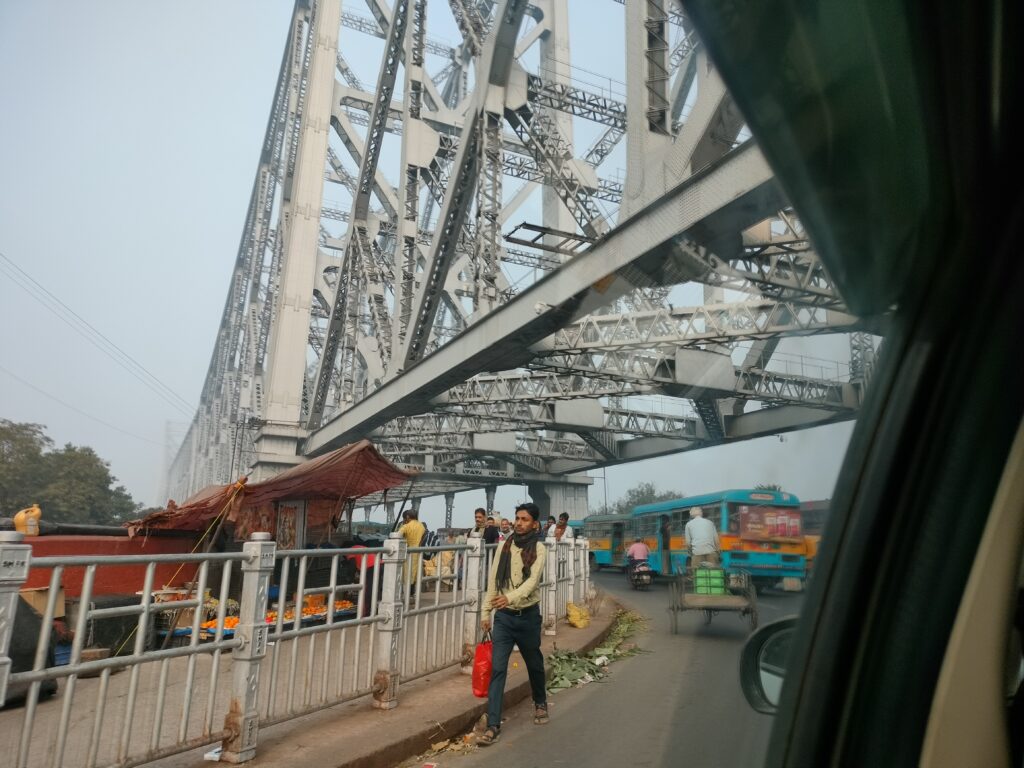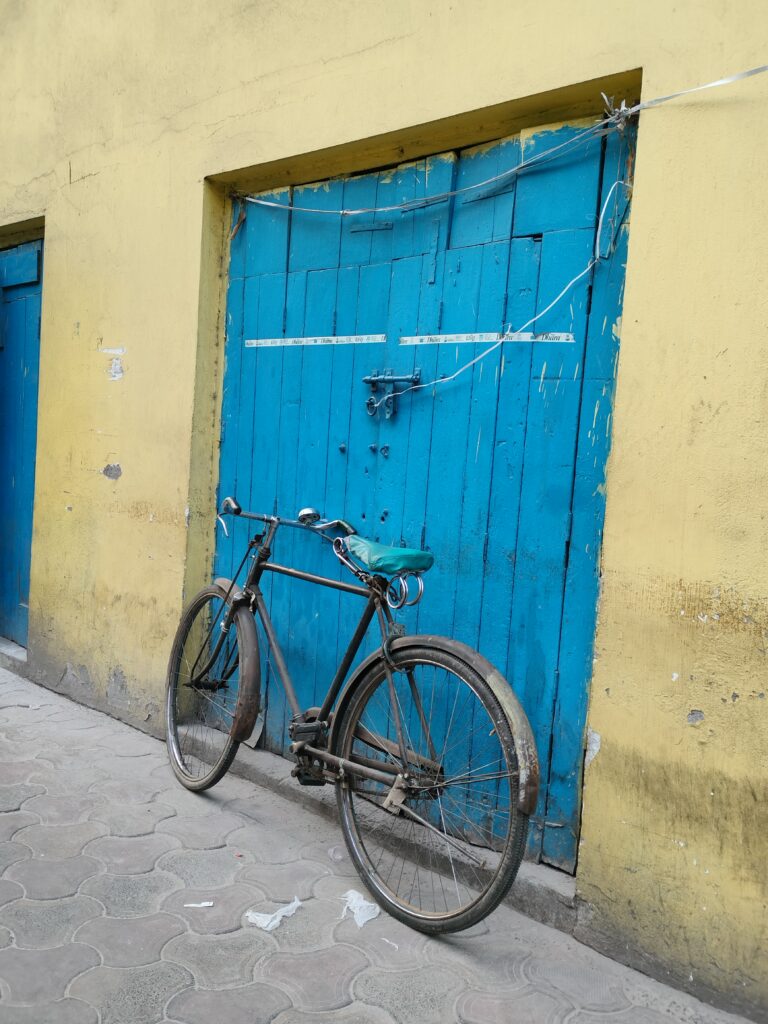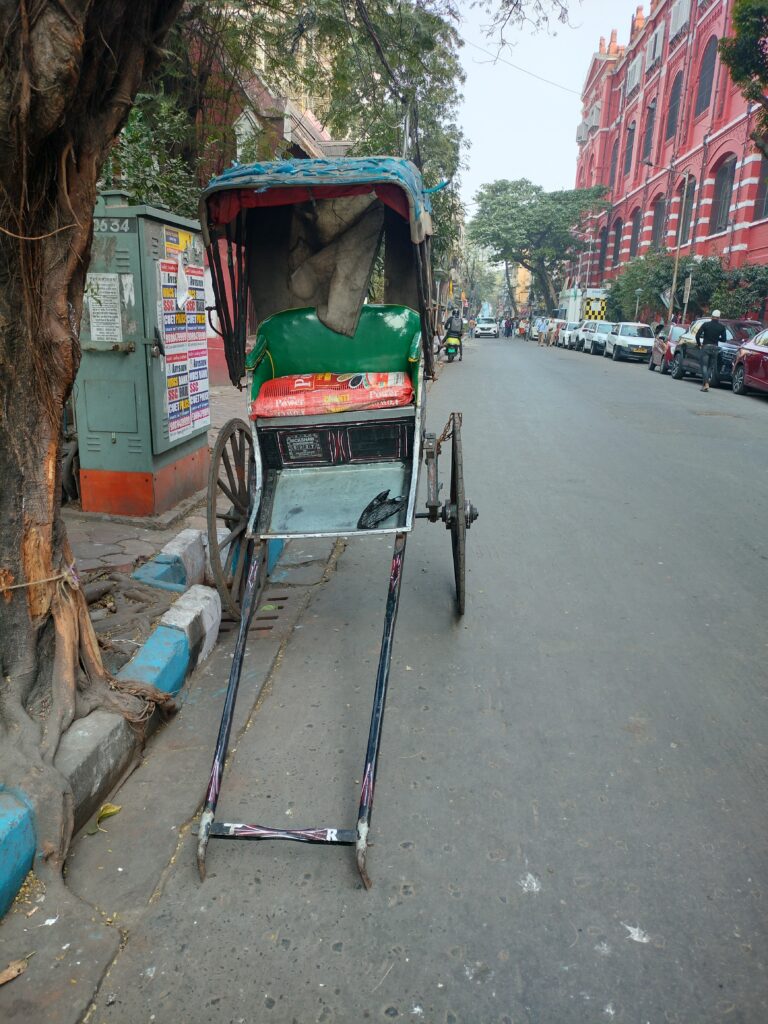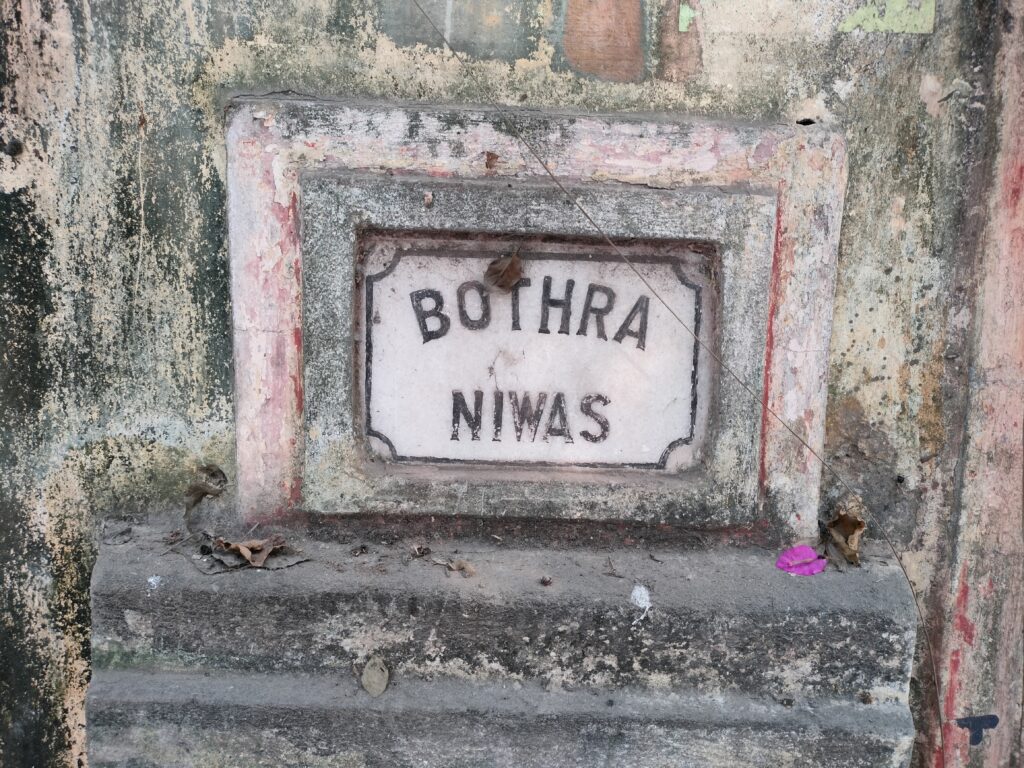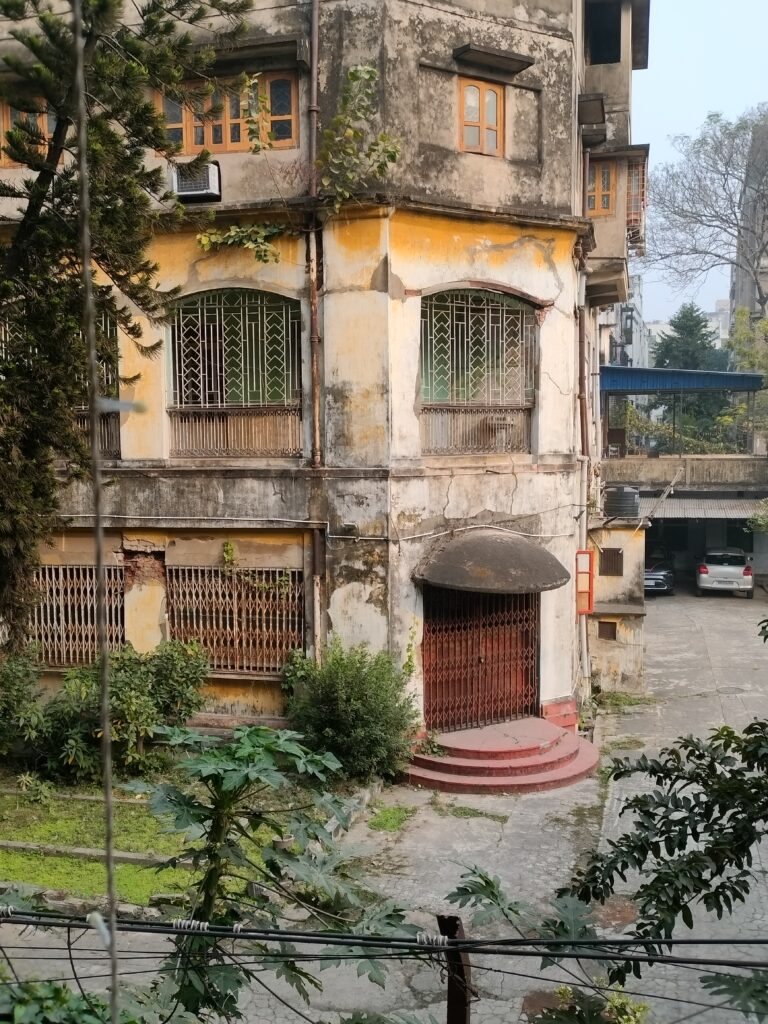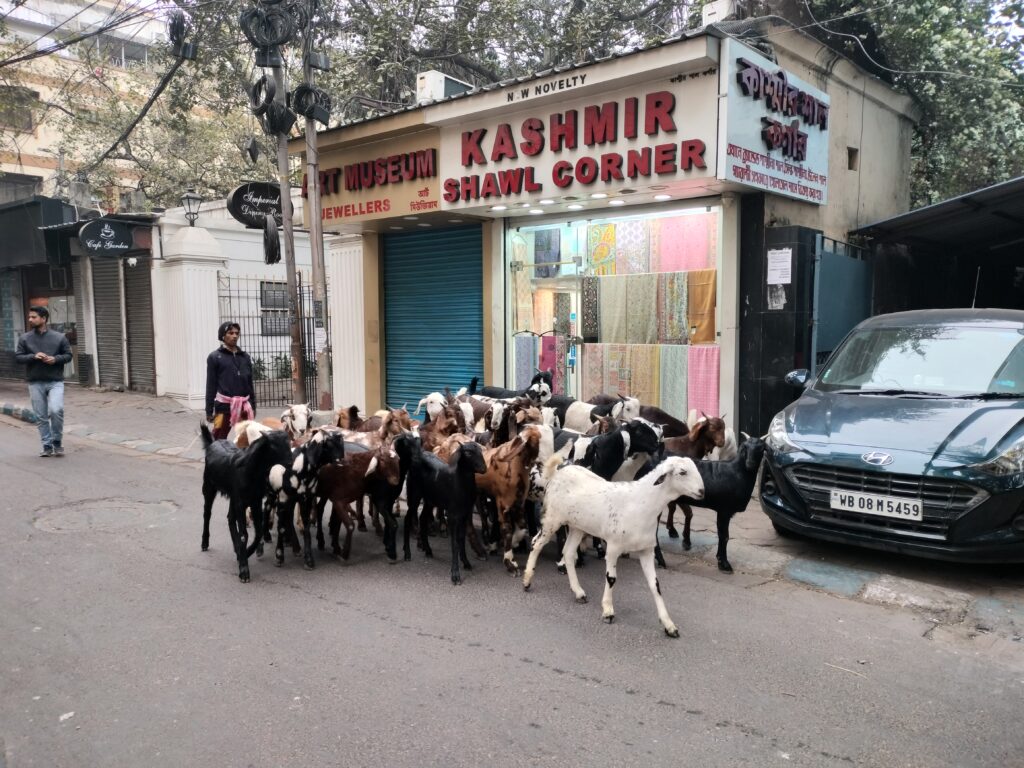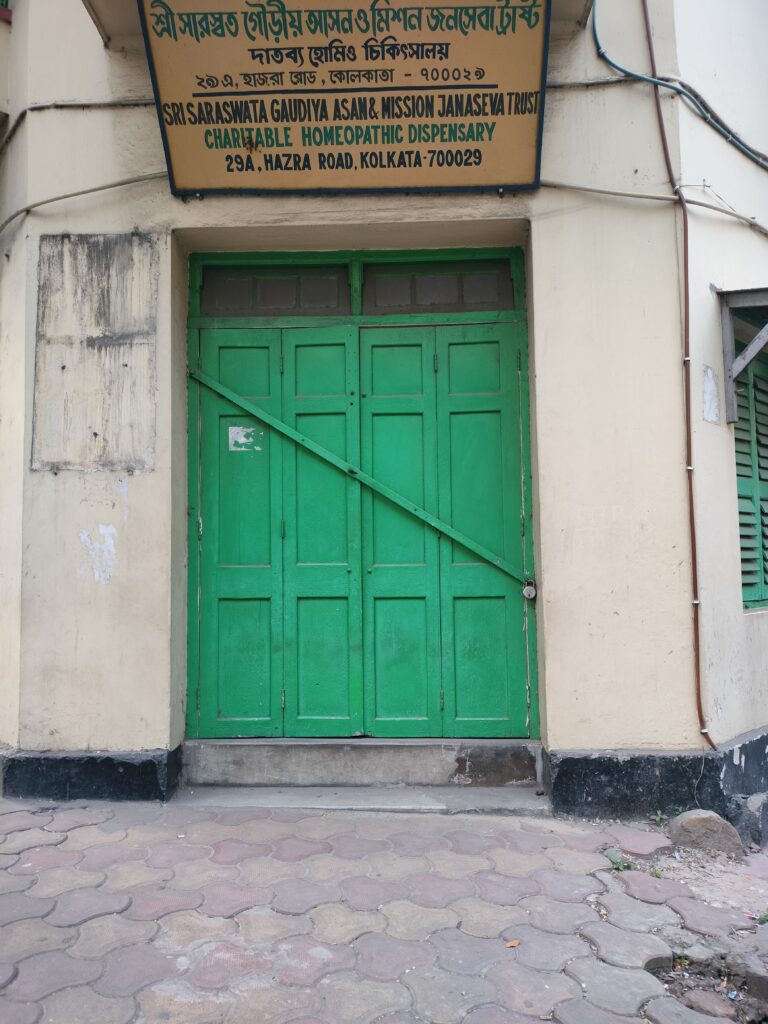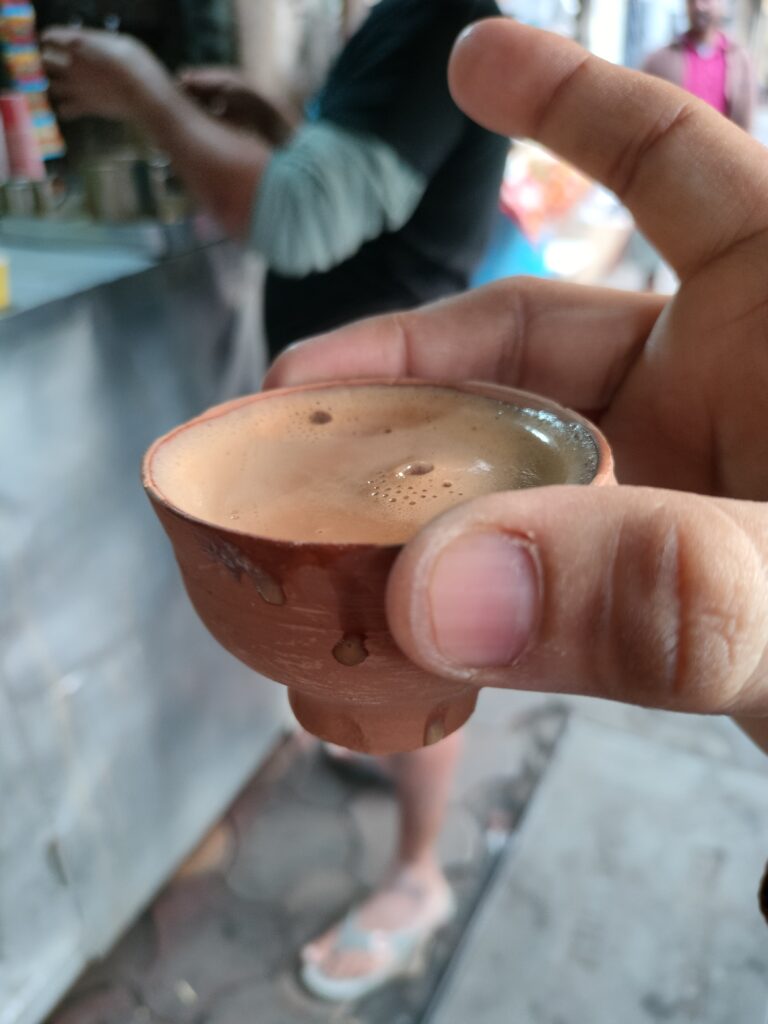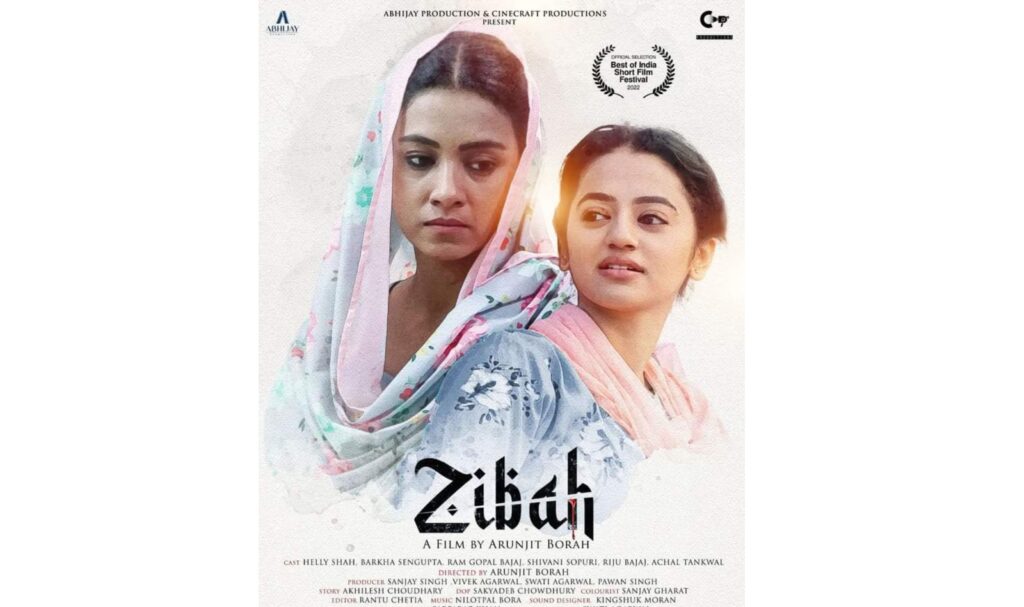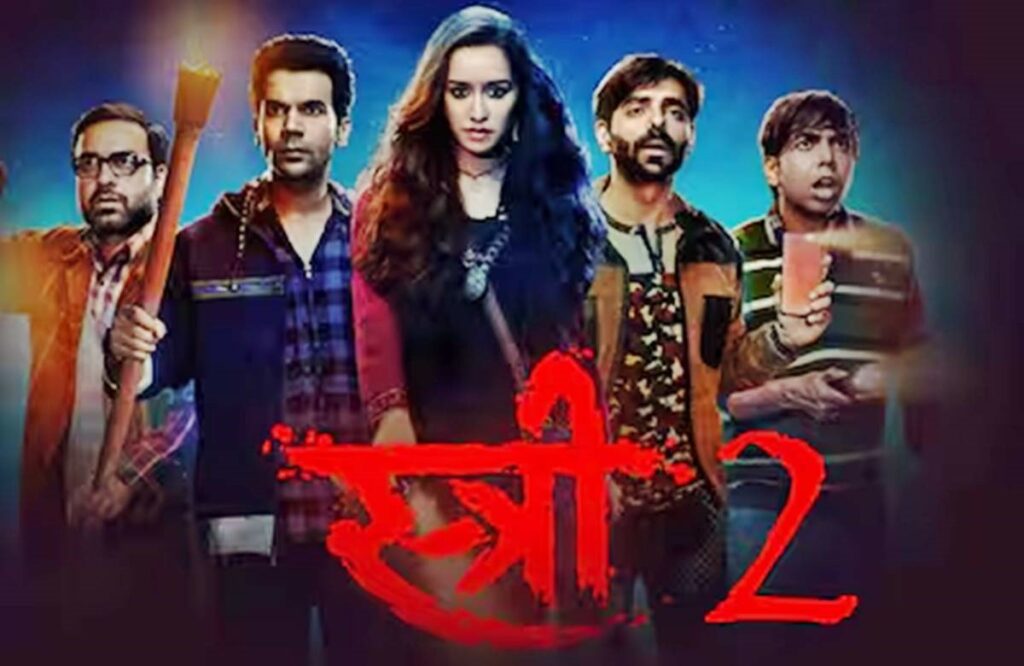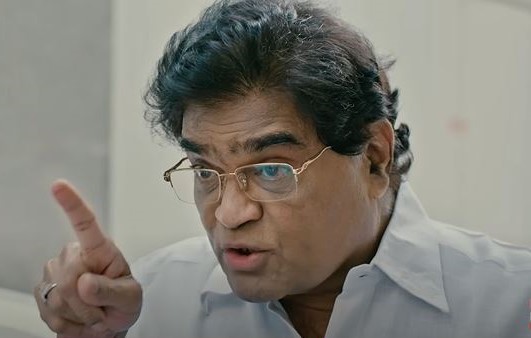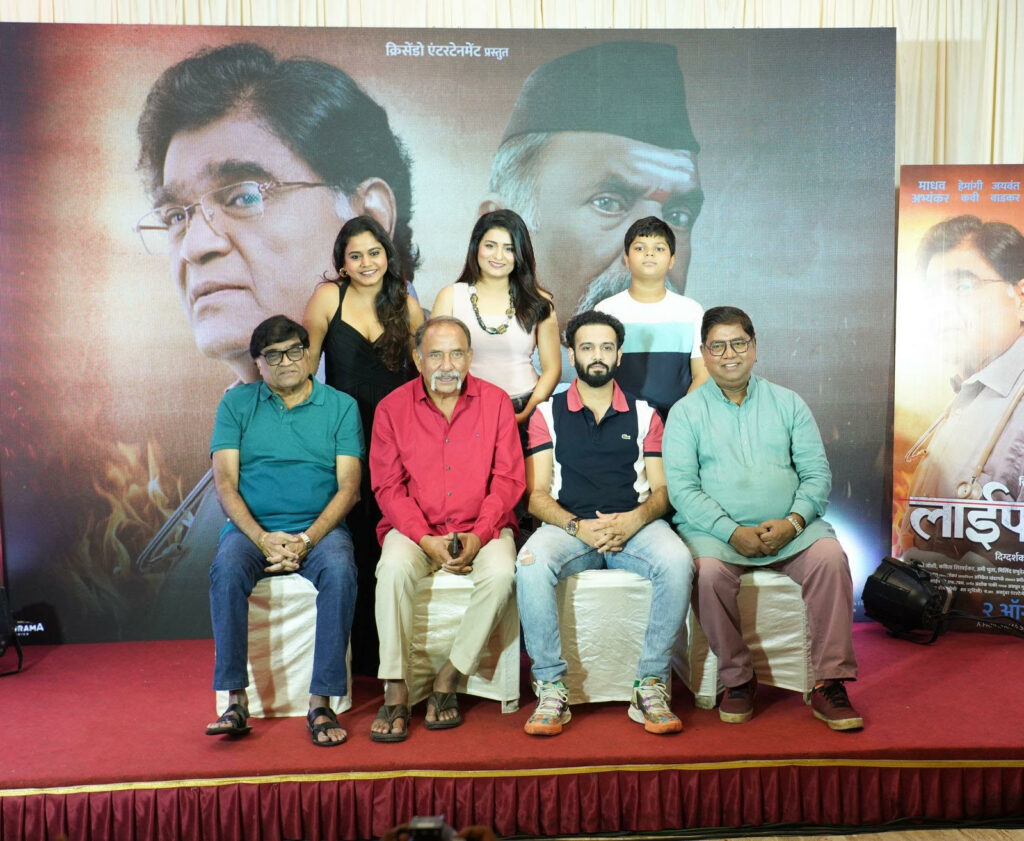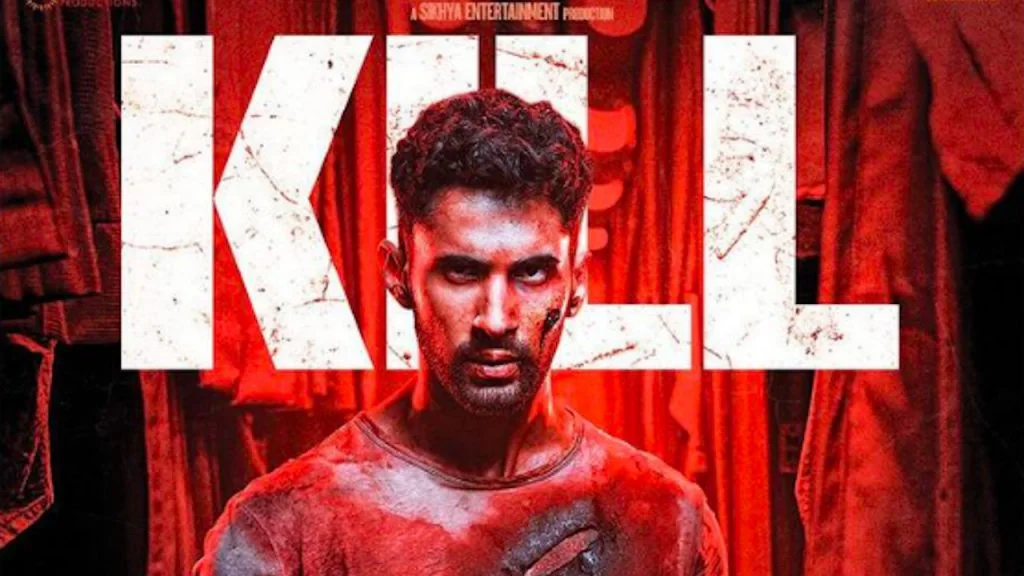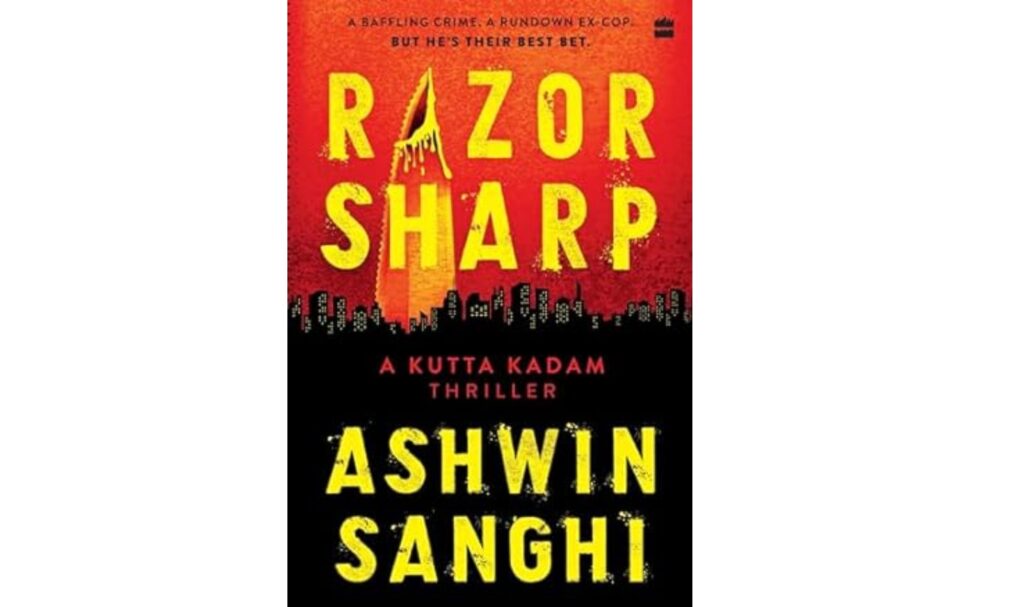A couple of weeks ago, we saw the release of Dharmaveer 2, in which a deceased political hero, Anand Dighe, was used to glorify and popularize Maharashtra’s current Chief Minister Eknath Shinde. Now, the same kind of propaganda has become the core of another Marathi movie. Titled Yek Number, the film aims to glorify Raj Thackeray, the chief of Maharashtra Navnirman Sena (MNS).
As one finally leaves the cinema hall after this 160-minute saga, one just wonders whether, after Hindi cinema, Marathi too will regularly churn out political propaganda films.
Yek Number starts off in a small village in Maharashtra and it revolves around the life of a youngster Pratap (Dhairya Gholap). He believes he is the man Friday of the local MLA (Member of Legislative Assembly) but he is actually his slave. He dreams of becoming an MLA and his yes men continuously massage his ego.
Pratap’s second dream is to marry Pinky (Sayli Patil), his childhood love. She has been a die-hard fan of Raj Thackeray since she was a kid. When Pratap once asks for her hand in marriage, she promises to marry him if he convinces Thackeray to visit their village. Pratap readily takes up the challenge and vows to complete the task in the next 24 hours. However, when he reaches Mumbai, he realizes that his mission is far difficult than he imagined. Meanwhile, terrorists from across the border are planning something sinister in Mumbai.
Pinky’s demand and Pratap’s determination to fulfill the same is difficult to believe. Plus, there is a major flaw. When Pratap is unable to fulfill the task in 24 hours, it should mean that he failed in his mission. But he continues to pursue Thackeray for days.
However, what all happens in the film later makes this flaw appear minor. We are dished out various twists and characters with an ultimate aim of hero-worship and propaganda. Among these points, what stands out is the angle of a lookalike of Raj Thackeray and his acts. But what takes the cake is the Pakistani assassinators’ angle, which provides the maximum unintentional laughter (can’t reveal more to avoid spoilers).
Yek Number is filmmaker Rajesh Mapuskar’s third feature film after gems like Ferrari Ki Sawaari (2012) and Ventilator (2016). Needless to say, it is difficult to imagine that he has made this one. More so because there is absolute lack of subtlety when it comes to hero worship. The film is also packaged like many of those unconvincing action films of the 1990s.
The technical aspects (cinematography, editing and background score) are not much to talk about. Ajay-Atul’s music, ‘Jahir Jhala Jagala’ is the only impressive track, but even that one gives a déjà vu of their previous songs.
Dhairya Gholap has screen presence but his performance falls in just decent category. Sayli Patil shows promise, despite not having a large screen time. The actor playing Thackeray’s lookalike is the most convincing of all. Tejaswini Pandit, in a cameo, is passable.
The few plusses in Yek Number are the twists in the second half that make the film watchable, even if they lack complete conviction. But these positives are surely not enough to override the many negatives.
Rating: Yek.5
Director: Rajesh Mapuskar
Producers: Nadiadwala Grandson and Sahyadri Films
Writers: Tejaswini Pandit, Dhairya Gholap, Vinayak Purushottam, Mayuresh Joshi and Arvind Jagtap
Cast: Dhairya Gholap, Sayli Patil
Also Read: Dharmaveer 2 review: The film is more like an election pitch
